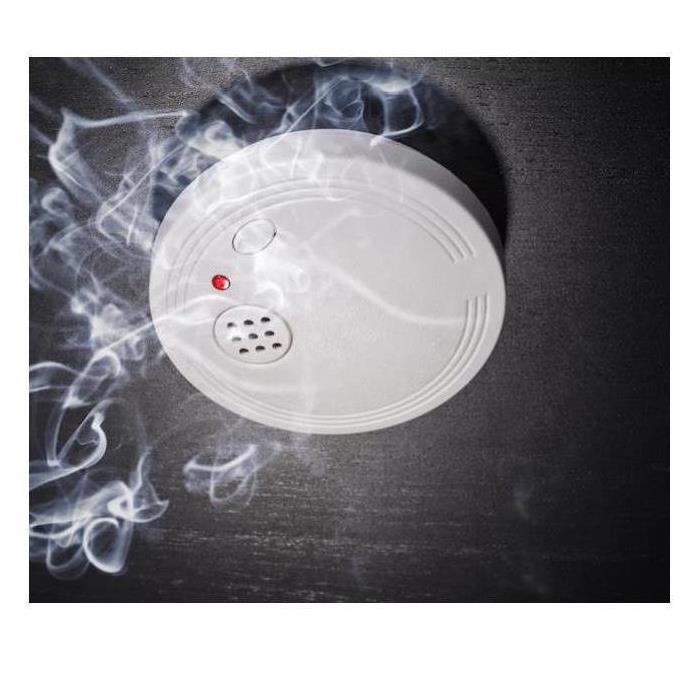Choosing the Right Smoke Alarm in 3 Steps
11/8/2019 (Permalink)
Alerting your residence of a fire in Huntsville requires the appropriate type of protection. To make sure your home stays safe, here are three steps to choose a smoke alarm that’s perfect for your needs.
1. Understand the 3 Types of Residential Fire Alarms
Ionization alarms use an electric current to quickly pick up fast flame fires such as kitchen fires or burning light furniture. They are, however, prone to nuisance tripping from shower steam or burnt food.
Alarms that use a strobe light for better detection of smoldering fires are photoelectric. They are less prone to going off from minor fires and are better at alerting to dangerous slow burning fires of heavy furniture and building materials.
Combing the two, dual-sensor alarms offer detection of both fast flame and smoldering blazes. While they may false alarm because of the ionization component, they are the most comprehensive coverage.
2. Decide Which Type Fits Based on Your Home Design
The number of detectors necessary for fire safety depends on the size of your home. A centralized system is recommended since noise may not carry throughout the home from a single unit to appropriately alert everyone.
A smoke alarm should be put in every room and outside each door to establish coverage of the entire premise. To prevent nuisance tripping, it’s worth considering using a photoelectric alarm around the kitchen or outside of bathrooms.
3. Evaluate the Unit Before Buying
Reading through any relevant information, you should familiarize yourself with proper maintenance of the unit before buying to make sure it’s reasonable to maintain.
Testing the smoke detector is a monthly procedure, so consideration should be made towards features that simplify the process to ensure it gets done. Additionally, you should learn how to silence the device without disabling it to always have continuous protection.
A smoke alarm can only do so much. A fire damage restoration company reverses damage and repairs burnt parts of your home. Choosing the right alarm types for your home allows you to act sooner to prevent more damage while increasing the likelihood of successful restoration.






 24/7 Emergency Service
24/7 Emergency Service